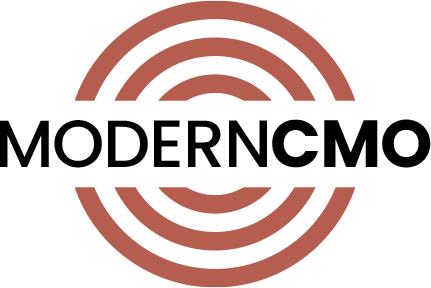In the cutthroat world of business, there’s one thing that can make or break a company – a winning marketing strategy. But how can businesses create a marketing message that stands out and resonates with their target audience? The answer lies in understanding market maturity and tailoring your message to fit the current narrative.
Market Maturity Stages Uncovered
It’s a fact – there are four stages of market maturity: introduction, growth, maturity, and decline. Each stage presents unique challenges and opportunities for businesses looking to enter or expand within a market. Here’s the lowdown on each stage:
Introduction: You’ve got a brand new product or service to offer the market, but consumers aren’t aware of its benefits yet. Don’t worry, competition is limited.
Growth: Things are picking up, and consumers are starting to see the value in your offering. Other players have entered the market, and pricing is getting competitive.
Maturity: This is the peak of the market, and everyone wants a slice of the pie. Competition is intense, and pricing becomes commoditized. It’s all about standing out and making yourself different.
Decline: Demand is decreasing, and the market is saturated. You need to find a new audience or come up with new ways to differentiate yourself.
Creating a Winning Marketing Strategy
To create a marketing strategy that hits all the right spots, you need to understand which stage of market maturity you’re in and tailor your message accordingly.
Introduction Stage: Get your product out there and educate potential customers on the benefits. Use influencer marketing and social media to spread the word.
Growth Stage: Build a loyal customer base and increase market share. Highlight the unique features and benefits of your product and advertise through traditional channels like TV and radio.
Maturity Stage: Differentiation is key. Develop a clear value proposition and communicate what sets you apart from competitors. Digital marketing channels like email and targeted social media ads are your friends.
Decline Stage: Pivot your offering or target a new audience. Find new ways to differentiate yourself and communicate the unique benefits of your product.
One great example of a company that successfully evaluated their market stage and created a winning campaign is Airbnb.
In the early days of Airbnb, the company was in the introduction stage of market maturity. They were a new player in the hospitality industry, and most people were unfamiliar with the concept of renting out their homes or apartments to travelers. To raise awareness of their service, Airbnb launched a creative and compelling marketing campaign.
The “Airbnb Neighborhoods” campaign was designed to showcase the unique neighborhoods where hosts were offering their homes for rent. The campaign featured stunning photography, local recommendations, and engaging stories about the people and places in each neighborhood. By highlighting the diversity and character of each community, Airbnb was able to tap into the emotional connection people have with their neighborhoods and create a compelling narrative around their service.
The campaign was a huge success, and it helped Airbnb to differentiate itself from traditional hotels and rental properties. By focusing on the unique experiences and authentic connections that travelers could have through Airbnb, the company was able to grow rapidly and establish itself as a major player in the hospitality industry.
As the market matured and competition increased, Airbnb continued to evolve its marketing strategy to stay ahead of the curve. They focused on differentiating themselves through unique features such as “Experiences” and “Plus” listings, and they invested heavily in digital marketing channels to reach a wider audience.
Today, Airbnb is in the maturity stage of market maturity, and they continue to innovate and evolve their marketing strategy to stay competitive. By evaluating their market stage and tailoring their marketing message to fit the current narrative, Airbnb has been able to build a successful brand that resonates with travelers around the world.
So as you can see – evaluating market maturity is CRITICAL to creating a winning marketing strategy.
Understand your stage of maturity and tailor your message to fit the current narrative. Focus on educating potential customers, building brand recognition, and developing a strong value proposition to stay ahead of the competition. With the right marketing channels and messaging, you can navigate each stage of market maturity and drive growth.


